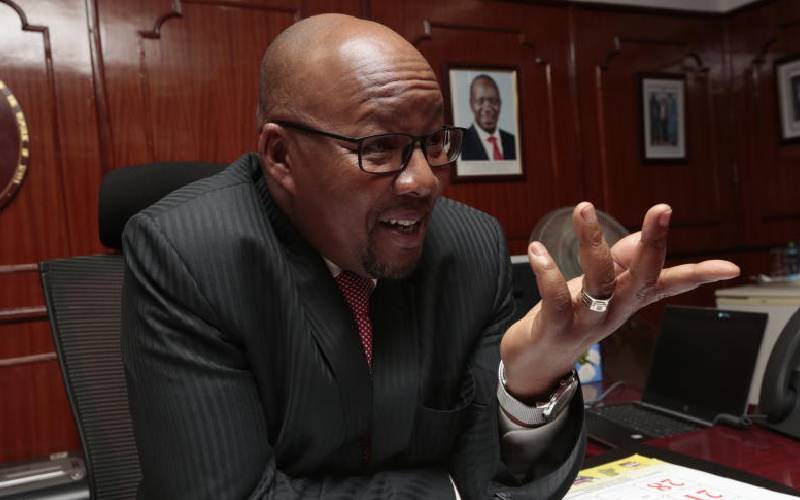×
The Standard e-Paper
Smart Minds Choose Us

That Dan Kagwe, Kenya’s postmaster general, is an optimist is not in doubt.
In 2016, he assertively said the Postal Corporation of Kenya (PCK) would return to profitability in three years.







